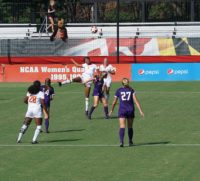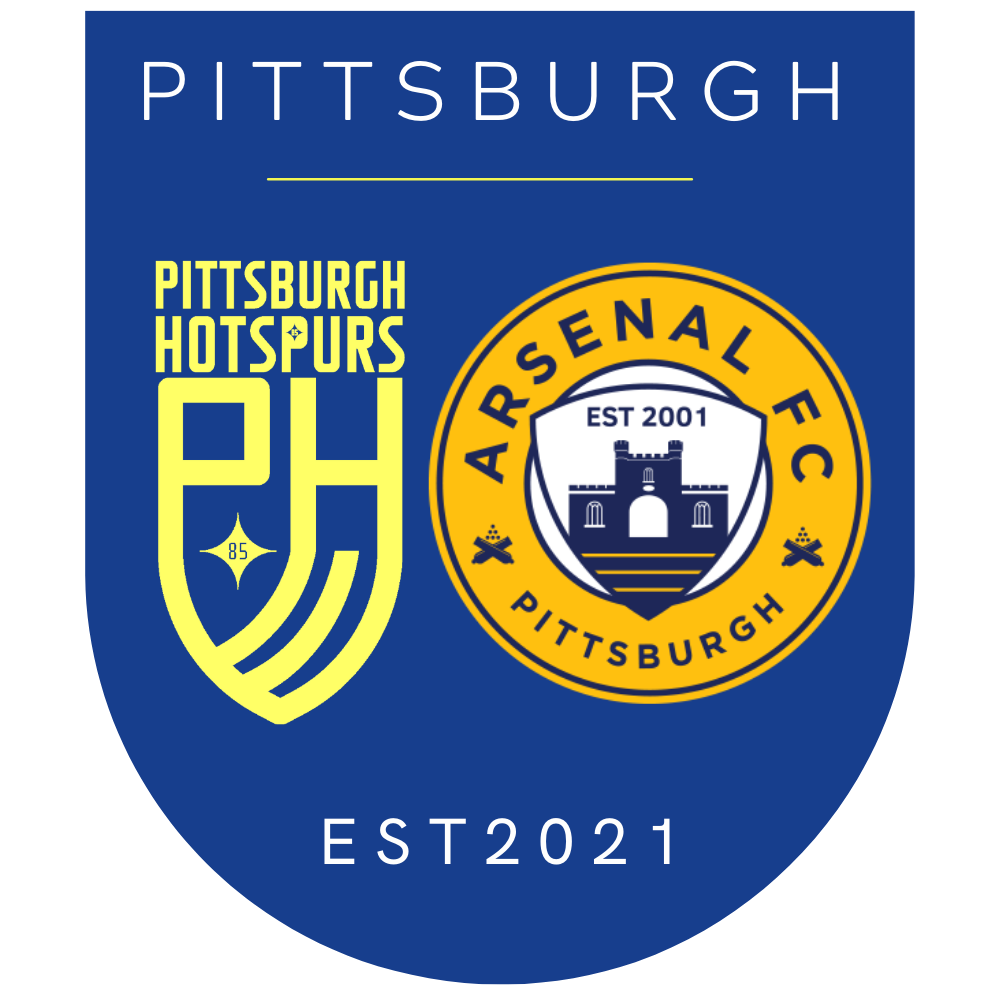Hotspurs SC Leads the Way In Western PA Soccer Club Concussion Standards

Photo by Jeffrey Lin on Unsplash
The buzz around concussions has been on the rise across sports of all levels with the NFL and NHL both taking a stance on concussion protocol over the past 5 years. At the youth level, schools in PA had protocol go into effect in 2012.
Our athlete’s safety is our nu. 1 priority, yet there currently is no required protocol for concussion evaluation and return to play at the club level. So at Hotspurs, we’re setting our own.
We’re leading the way as the first club in Western PA to implement a concussion protocol that adheres to international and NCAA guidelines for brain health and safety.
Fast Facts:
- A concussion is a type of traumatic brain injury. While some medical professionals will classify a concussion as ‘mild,’ regardless of if it’s immediately life-threatening or not, it is a brain injury.
- In 2017, 19.5 percent of youth suffered a diagnosed concussion. (Source)
- For high school and college athletes, soccer is second only to football for athletes sustaining a concussion. (Source)
- Nearly 18 percent of all soccer injuries are concussions. (Source)
- In a study from 2005-15, the overall concussion rate for girls soccer was three times as high as boys soccer and nearly tied with football. (Source).
- Girls soccer players were five times more likely to return to the field on that same day of injury than boys soccer players were and 40 percent of the studied athletes kept playing the day they sustained the concussion. (Source)
- Heading the soccer ball is not associated with concussion risk factors at the collegiate level. (Source)
- Youth and females are at higher risk of concussion due to lower body weight and undeveloped neck muscles. (Source)
What Hotspurs is doing about it:
We are not the concussion experts. While our coaches are trained in identifying a concussion, they’re not medical professionals. And let’s be honest, our athletes are competitive minded individuals that really want to be playing the game — even if it’s through an injury. So we called in the experts to help set a standard.
Teaming up with Legacy Medical Centers using SportGait Brain PhysicalsTM our Hotspurs athletes are all now baseline tested.
This baseline testing is more comprehensive than most traditional baseline tests as it includes the measurement of cognitive and motor functions, providing each athletes unique measurement of brain wellness. This means should a concussion occur, the recovery plan can be personalized to the athlete.
With the SportGait system, each bump an athlete receives to their head, while not likely a concussion, is trackable and the cumulative effects of these hits year after year can be monitored. No other system is sensitive and reliable enough to track this.
With our coaches having the SportGait Mobile App, at their fingertips they can confidently go through on-field symptom checking and make more informed decisions in requiring your child to be seen by a medical professional.
The Legacy Medical team, when a concussion does occur, will then work closely with our athletes to ensure they get cleared to return to play.
What parents can do:
First off, don’t panic. Our leading the way on concussion protocol for our athletes isn’t meant to cause fear and scare families. We simply want to be proactive in ensuring long playing careers for our players.
Your athlete is going to collide with other players, head the ball, and land on the ground many of times without any serious injury. And while we’re going to be better equipped in the chance they do show signs and symptoms, we need your help too.
Know the signs/symptoms. With some signs, they’ll show up right away, but an athlete should be monitored for the hours and days after an injury as signs can be delayed.
Signs and symptoms include:
- Headache
- Dizziness
- Blurred vision
- Balance problems
- Sensitivity to light
- Memory loss, confusion, and slow response to questions/prompts
- Nausea or vomiting
Keep safety in mind over winning. We’re focused on developing top athletes, thus all have a winning mentality that at times can influence decisions. Before shouting to Johnny to just ‘shake it off,’ let the coach do their full evaluation. Let your child answer the questions without any pressure of needing to get back out there.
Talk to your child about concussions beforehand. Athletes are competitive and stubborn at times. Often that means fighting through an injury. Make sure your athlete knows that a brain injury is not one to try and fight through. Help them understand the importance of honestly communicating any of the symptoms they feel to their coach immediately.
—-
Professional soccer still has a long way to go to ensure our top athletes are kept safe during matches and decisions aren’t too quickly rushed. At Hotspurs we are committed to leadership in performance, safety, and value. This focus has enabled us to grow rapidly and to allow your children to learn and enjoy the game of soccer at a very high level. By taking a proactive approach to our player’s brain safety, we provide an even greater opportunity for them to have a long soccer career.
